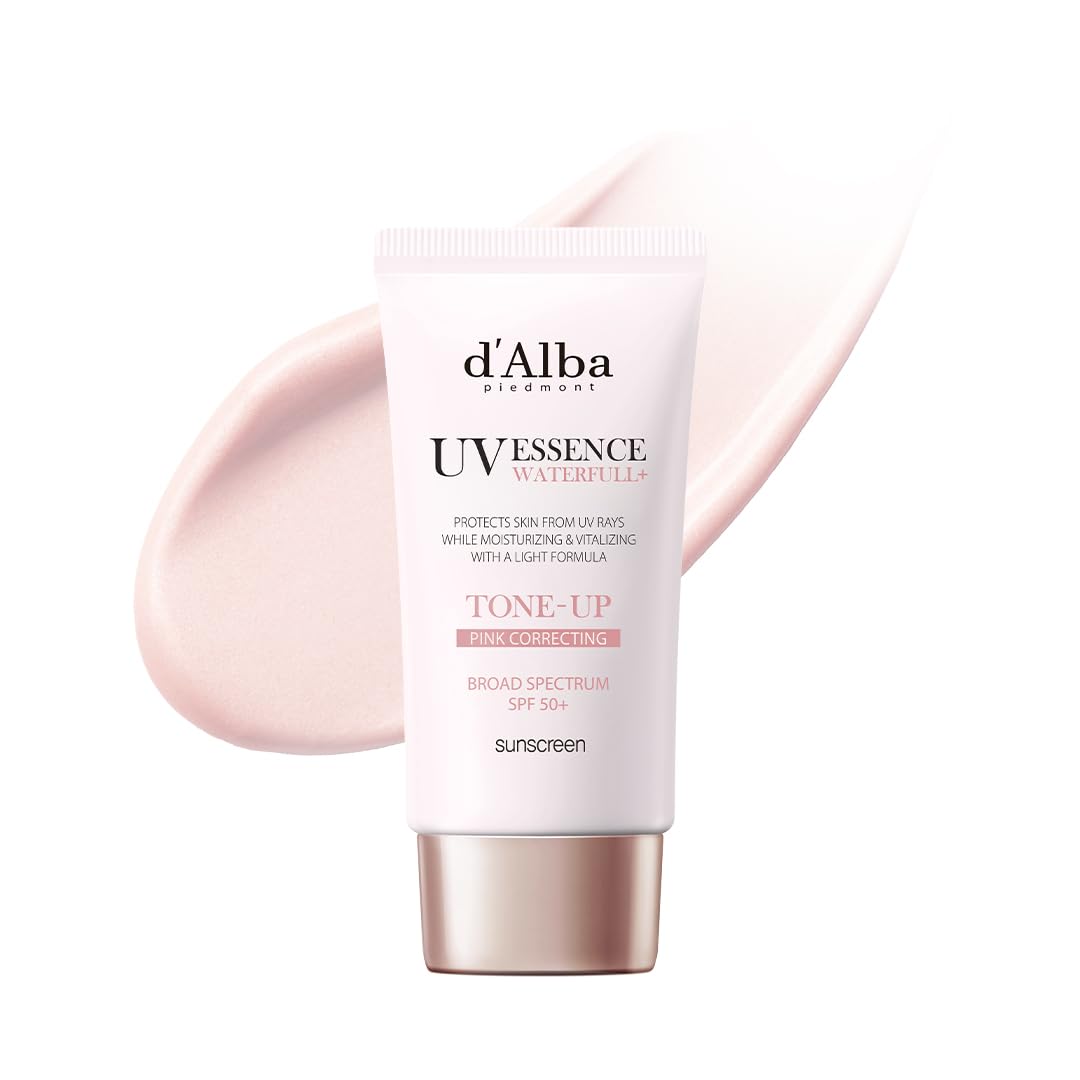








Price: $36.00 - $17.99
(as of Apr 11, 2025 10:04:11 UTC - Details)
The Best SPF for Face: A Comprehensive Guide to Protecting Your Skin
Introduction
When it comes to skincare, finding the best SPF for your face is crucial. Not only does sunscreen shield your skin from harmful UV rays, but it also prevents premature aging and skin damage. In this guide, we will explore various aspects of facial sunscreens, including how to choose the right one, what ingredients to look for, and why SPF is essential for everyone, regardless of skin type. Whether you're searching for a lightweight formula or a moisturizing sunscreen, we’ve got you covered.
Understanding SPF and Its Importance
What Does SPF Mean?
SPF, or Sun Protection Factor, indicates the level of protection a sunscreen provides against UVB rays, which are primarily responsible for sunburn and skin cancer. The higher the SPF number, the greater the protection. For example, an SPF of 30 blocks about 97% of UVB rays. Understanding this is the first step in selecting the best SPF for your face.
Why You Should Wear Sunscreen Daily
Daily use of sunscreen is essential, even on cloudy days or when staying indoors. UV rays can penetrate windows, leading to skin damage over time. Regular application of the best SPF for your face can help maintain your skin’s health and appearance.
Factors to Consider When Choosing Facial Sunscreen
Skin Type Matters
Before purchasing a sunscreen, consider your skin type. If you have oily skin, look for a lightweight, non-comedogenic formula. For dry skin, a moisturizing sunscreen with hydrating ingredients would be ideal. Understanding your skin type will help you choose the best SPF for your face.
Broad Spectrum Protection
Ensure that the sunscreen you choose offers "broad spectrum" protection. This means it protects against both UVA and UVB rays. UVA rays can lead to aging and skin cancer, while UVB rays are primarily responsible for sunburn. A broad-spectrum sunscreen is vital for comprehensive skin protection.
Key Ingredients in Sunscreens
Chemical vs. Physical Sunscreens
Sunscreens can be categorized into chemical and physical formulas. Chemical sunscreens absorb UV rays and convert them into heat, while physical sunscreens contain minerals like zinc oxide or titanium dioxide that sit on the skin's surface and reflect UV rays. Depending on your skin sensitivity, one may be better for you than the other.
Antioxidants and Additional Benefits
Many modern sunscreens include antioxidants like vitamin C or E, which can provide additional protection against free radicals caused by UV exposure. These ingredients can enhance your skin’s health and help prevent signs of aging, making them essential in the best SPF for your face.
Application Tips for Maximum Effectiveness
How Much Sunscreen Should You Use?
A common rule of thumb is to use about a nickel-sized amount for your face. This ensures adequate coverage. Don’t forget to apply it to your neck and ears, as these areas are often neglected but equally exposed to the sun.
When to Reapply Sunscreen
Reapplication is just as important as the initial application. If you're outdoors, reapply every two hours, or immediately after swimming or sweating. This ensures that your skin stays protected throughout the day.
Recommended Products for Every Skin Type
Best SPF for Oily Skin
If you have oily skin, look for gel-based or matte-finish sunscreens that won’t clog your pores. Products with added oil control can help keep your skin looking fresh and shine-free.
Best SPF for Dry Skin
For those with dry skin, a moisturizing sunscreen with hydrating ingredients like hyaluronic acid or glycerin can provide the hydration your skin craves while protecting it from UV rays.
Best SPF for Sensitive Skin
Sensitive skin types should seek out physical sunscreens with minimal ingredients. Look for products labeled as hypoallergenic and fragrance-free to avoid irritation.
Best SPF for Combination Skin
Combination skin can benefit from a versatile sunscreen that balances hydration and oil control. A lightweight lotion that hydrates without being greasy is a great option.
Conclusion
Choosing the best SPF for your face is essential for maintaining healthy skin. By understanding SPF, considering your skin type, and looking for beneficial ingredients, you can find a sunscreen that meets your needs. Remember, daily application and reapplication are critical for optimal protection. Whether you prefer a chemical or physical formula, the important thing is to make sunscreen a part of your daily skincare routine. Protect your skin today for a healthier tomorrow!
WHY WATERFULL TONE-UP SUNSCREEN? — Discover Korea's #1, now globally best selling facial sunscreen, offering a dewy glow and essential SPF 50+ protection with a unique serum-like texture for radiant, hydrated skin
OTC Registered — Without OTC registration, sunscreens may not meet safety standards. d'Alba ensures SPF 50+ broad-spectrum protection, officially approved for worry-free use.
ALL-DAY HYDRATION + NATURAL TONE-UP — A blend of Aqua-rich essence and pink glow-up technology, providing all-day moisture with no greasy feel, leaving a natural radiance.
HYBRID BROAD SPECTRUM — Combines best of mineral and chemical UV filters for smooth, irritation-free protection against UVA and UVB rays.
SUITED FOR ALL SKIN TONES — universally flattering pink hue enhances natural skin tones, making it a perfect base for makeup.
Gentle & Seamless — No white cast, no clumping, and no eye stings for a flawless, irritation-free finish.
